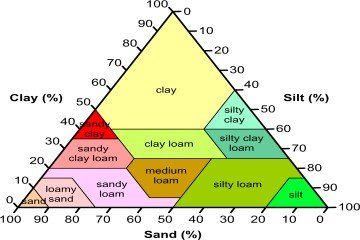Geotechnical engineering, otherwise called geotechnics, is the utilization of logical techniques and engineering standards to the procurement, translation, and utilization of information on materials of the Earth’s covering and earth materials for the arrangement of engineering issues and the plan of engineering works. It is the applied study of foreseeing the conduct of the Earth, its different materials, and cycles towards making the Earth more appropriate for human exercises and improvement. Geotechnical engineering accepts the fields of soil mechanics and rock mechanics and has applications in the fields of topography, geophysics, hydrology, and other related sciences. Geotechnics is rehearsed by both engineering geologists and geotechnical engineers. Instances of the use of geotechnics include: the expectation, avoidance, or relief of harm brought about by common perils like torrential slides, mudflows, avalanches, rockslides, sinkholes, and volcanic ejections; the utilization of soil, rock, and groundwater mechanics to the plan and anticipated execution of earthen constructions like dams; the plan and execution forecast of the establishments of extensions, structures, and other man-made designs regarding the basic soil or potentially rock; and flood control and expectation.
